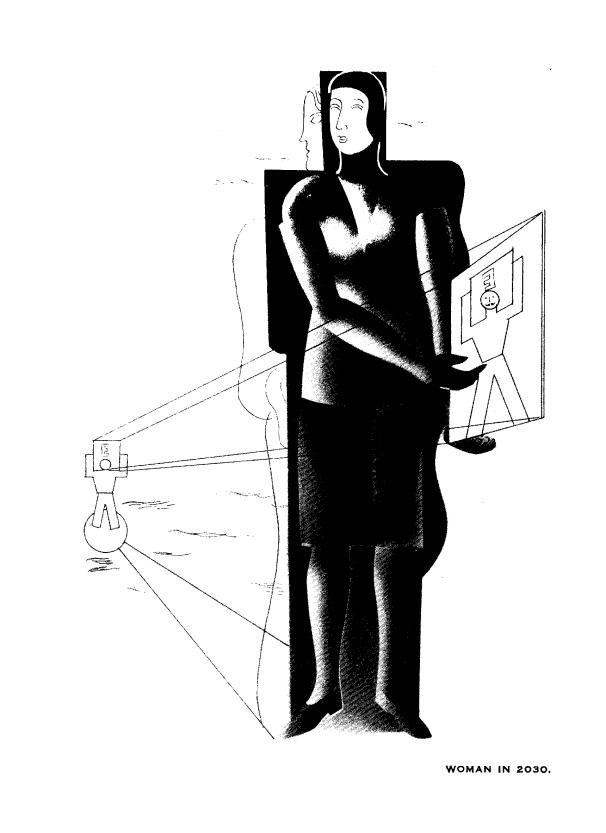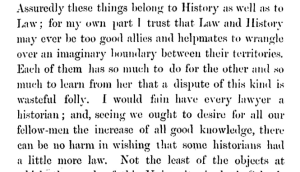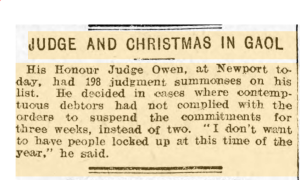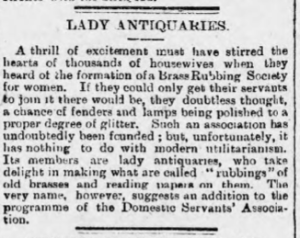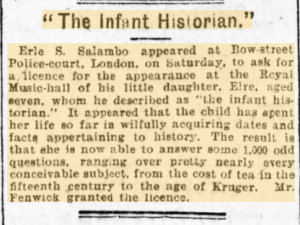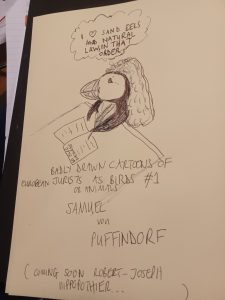Today, looking for something in HeinOnline, I stumbled across F.E. Smith (Birkenhead), The World in 2030 A.D. (London, 1930). I had never seen this before, and was interested to see that it includes a chapter ‘Woman in 2030’ – summary – there will be ectogenesis, but we should know our place… must get working on that charm and wit, only 7 years to go …
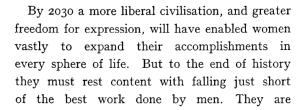
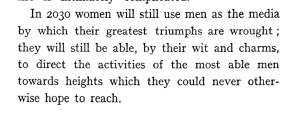
What a nice man! I note, also that it is dedicated to his daughter, Pamela (p. v). I wonder what she made of Daddy’s thoughts on women.
In some ways – apart from the content, this is my ideal book, bringing together law, history and a sort of sci-fi (and the illustrations are great). But then there is the content – not just dubious sexism, but also all sorts of other stuff which is very questionable from a race point of view,
I am excited to see that, within 7 years we will have:
limitless cheap power (p.3)
no more epidemic diseases (p.7)
completely painless childbirth (p.11)
drudgery abolished by science (p. 17)
Though sadly, as p. 21 tells us …

And the ‘ideas of Asiatic peoples’ may mean that we don’t in fact get rid of epidemics (p. 21). Yes, there is plenty of racism (and eugenics) in here.
A few other odd suggestions
p. 36 – ‘Cavalry, organised as mounted machine-gunners, will come into their own again.
p.72 mentions a 16 hour working week (because, technology, science etc etc). Wouldn’t that be nice!
p.88 We will be on our way to being content with the ‘rule of experts’ rather than party politics.
p. 91 All children will go to university.
p. 92 The conquest of poverty will be in sight.
p. 103 ‘Dirt will have disappeared from the ordinary man’s experience.’
p. 107 ‘As wealth increases, we shall all be able to ride to hounds.’
p. 155 ‘British rule in India will endure.’
p. 191 Average life span will be 120 years, and life will end with euthanasia.
GS
9/1/2023

